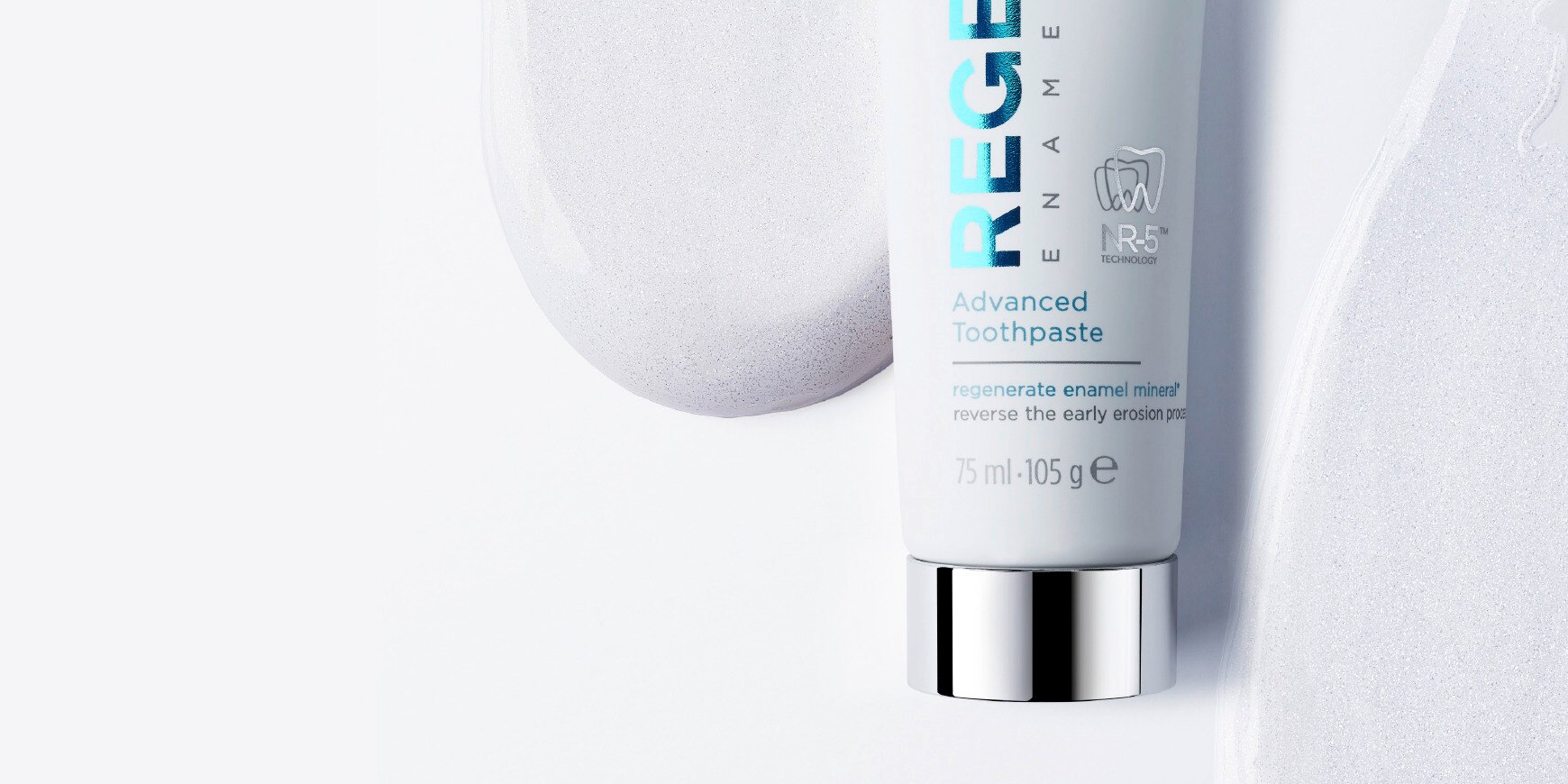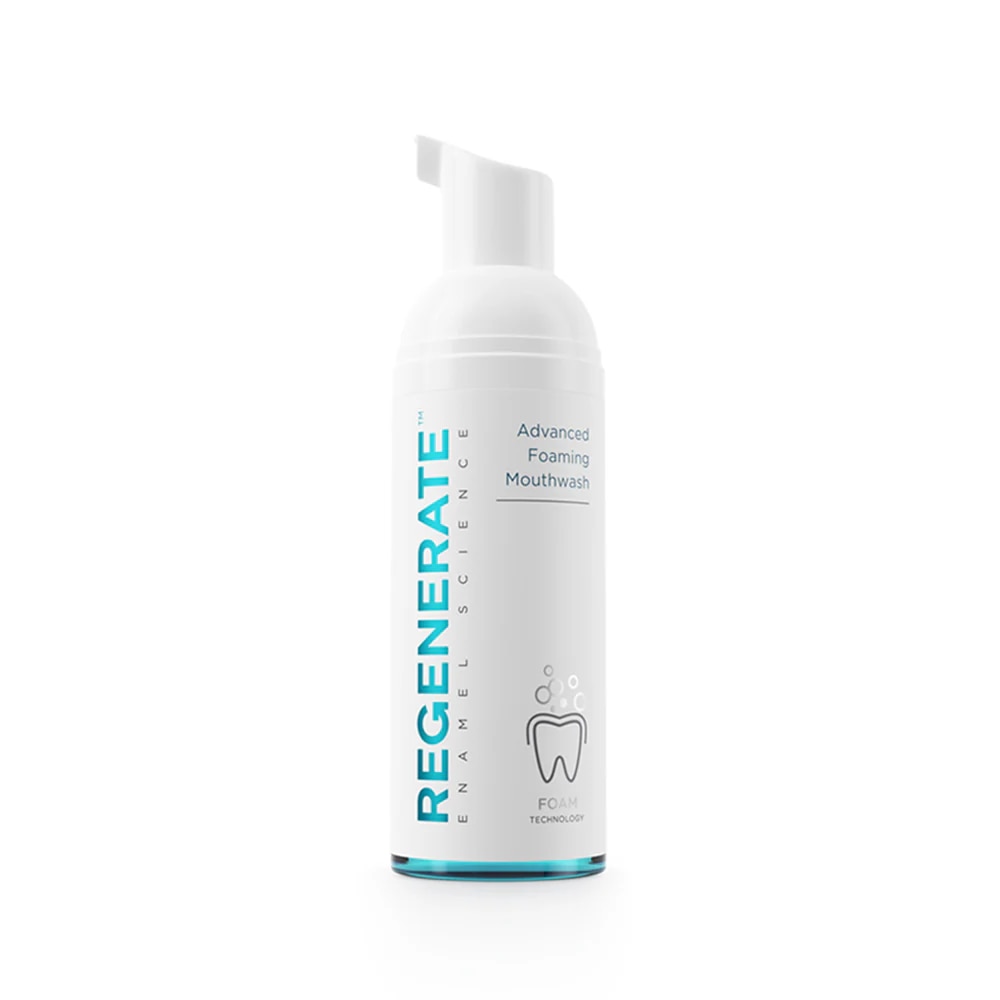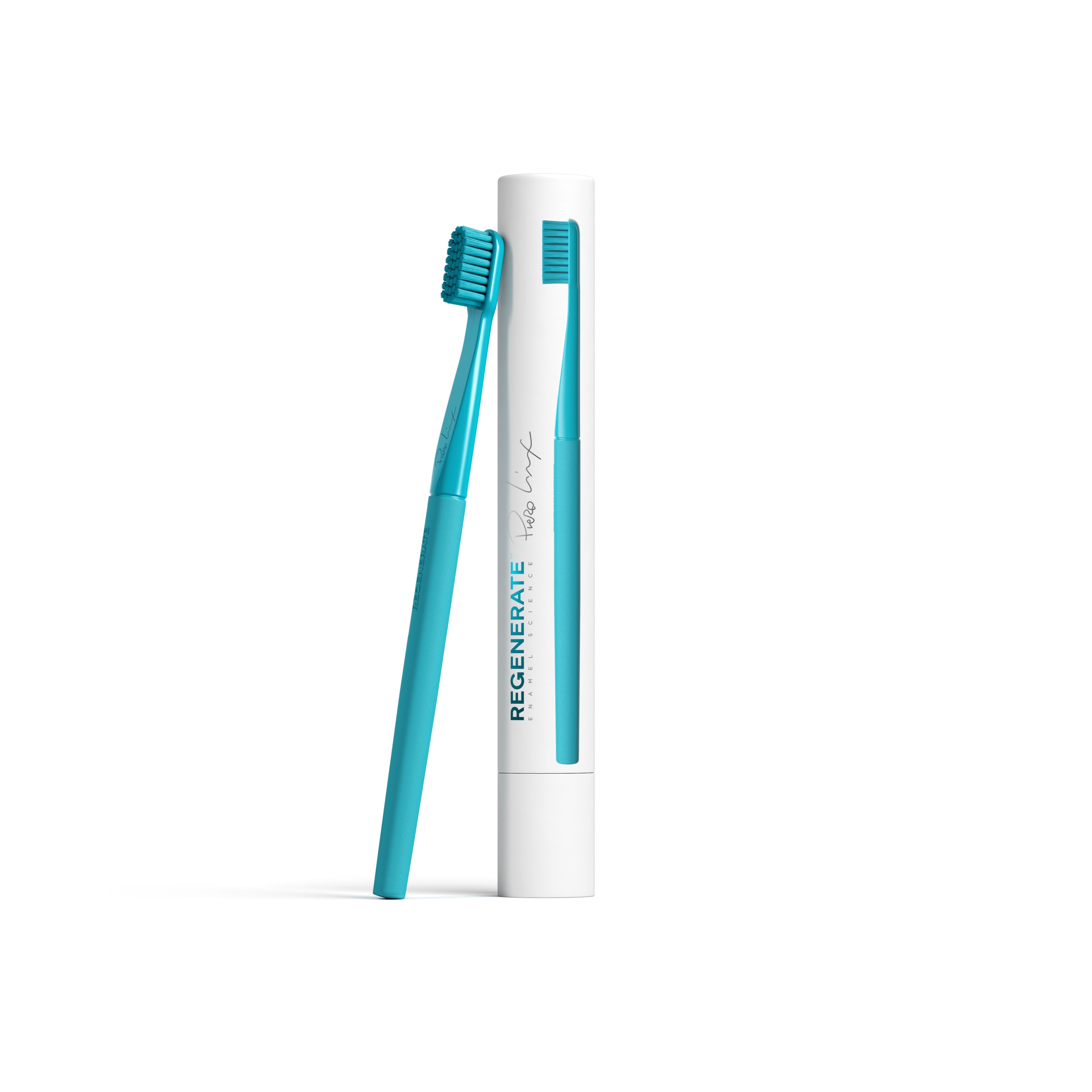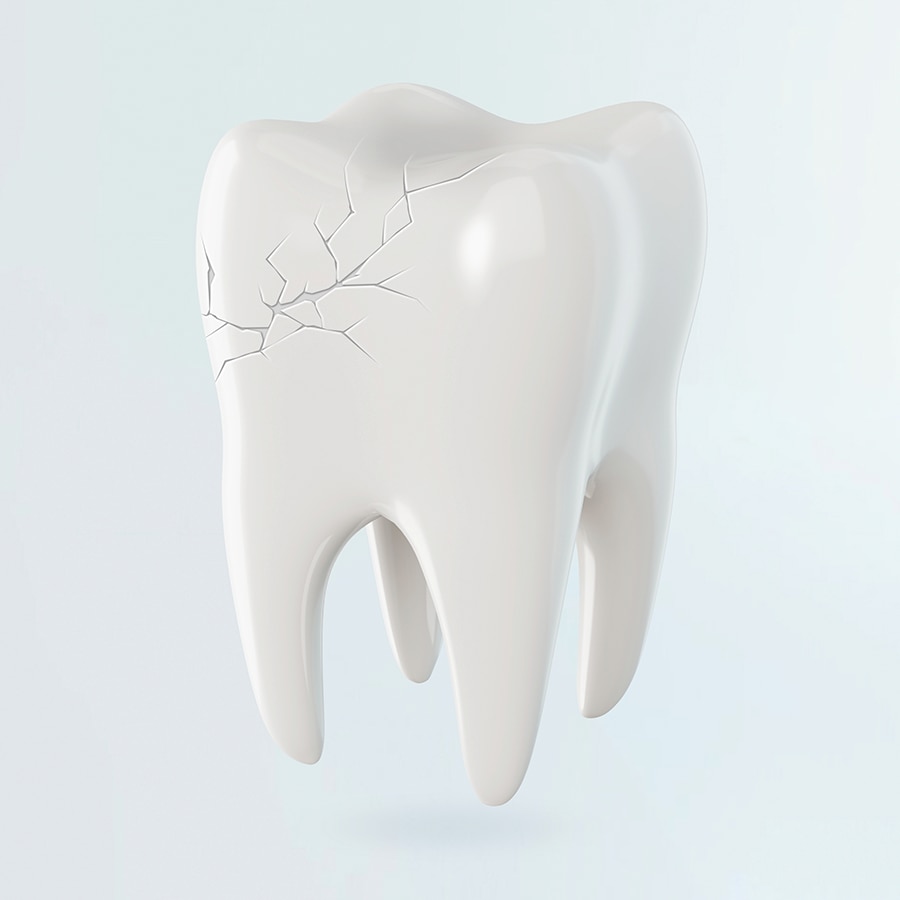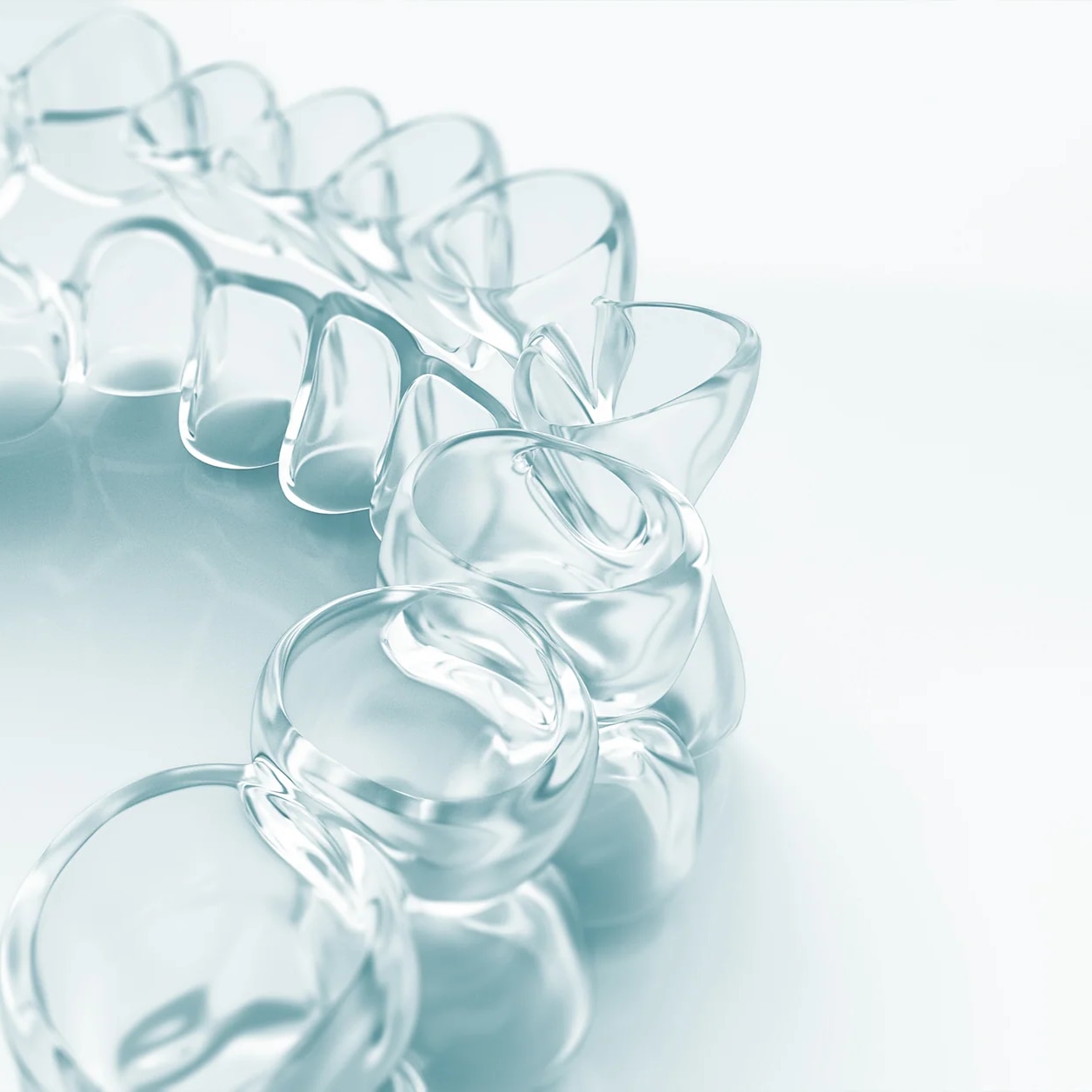Remineralising your teeth might sound like a complicated process but it’s very straightforward once you know more. In this article, we’ll explain what remineralisation is and when it might be needed answering questions such as can teeth remineralise and how do teeth remineralise.
What is teeth remineralisation and why is it important?
Tooth remineralisation is the action of beneficial minerals – such as calcium, fluoride, and phosphate, being incorporated into the hard outer layers of your teeth (the enamel). Natural tooth remineralisation happens on a daily basis thanks to the saliva in your mouth¹. Saliva is antibacterial and cleansing, and naturally adds fluoride, plus phosphate and calcium, to the surface of the teeth – thus promoting teeth remineralisation.
The minerals involved in this process are important for your teeth because they help strengthen them against cavities and decay. The hard enamel layer on your tooth helps to protect the more sensitive layers inside, like the pulp and the root canal. If the enamel decays because the mineral is lost from your enamel, these areas, and the blood vessels and nerves that keep teeth alive, can become exposed and infected. This can result in pain, swelling, the formation of a tooth abscess and even the loss of the tooth².
What are the causes of demineralisation of teeth?
If remineralisation is the restoration of minerals on the tooth, then that means there is also a process for losing these minerals in the first place – aka demineralisation of teeth.
Demineralisation occurs when your tooth enamel loses some of its minerals. This is often as a result of acid attack³. There are two sources of acid in the mouth³: The first is from the bacteria that live in oral plaque. Certain bacteria are able to take the sugar in food and drinks in our diet and make acid². The second source of acid comes directly from certain foods and drinks such fresh fruit, sodas, and vinegary salad dressings.
Once your tooth enamel is lost, it can’t be restored – but can teeth remineralise to address early signs of damage? Through the process of remineralisation, you can help strengthen your enamel and protect it before it gets to that stage¹.



